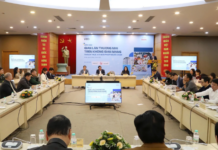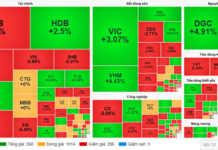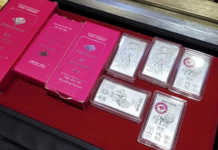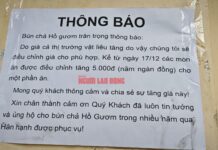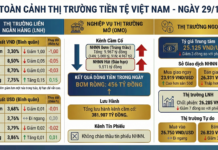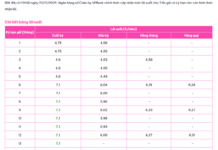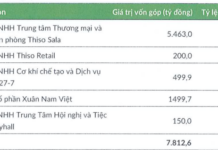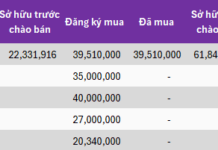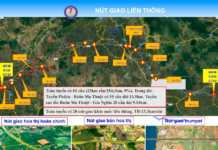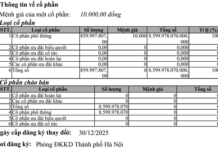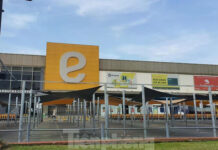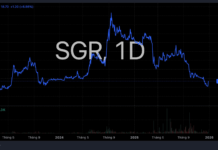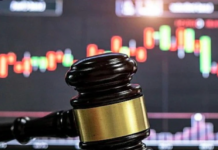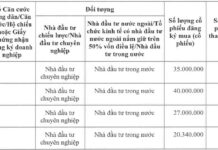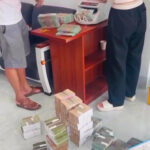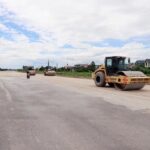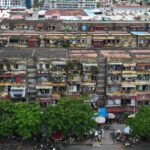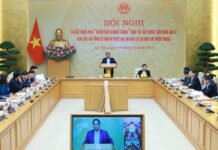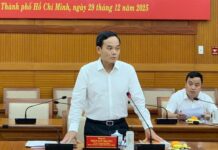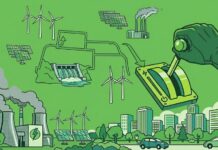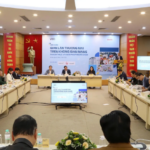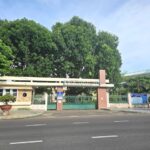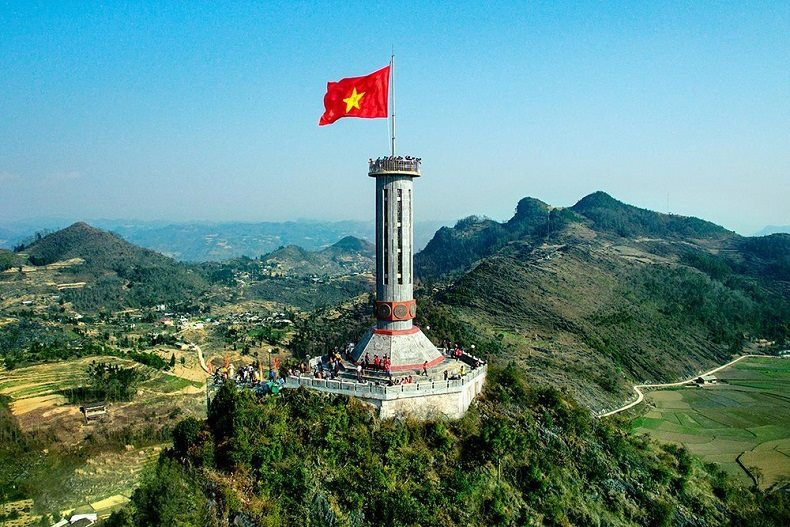
Vietnam, one of the ‘Tiger Cub’ economies of Southeast Asia, continues its robust economic growth trajectory. With a development model centered on exports, similar to the ‘Asian Tigers’ of Singapore, South Korea, and Taiwan, Vietnam is attracting significant attention from investors worldwide.
A recent article by the Wilson Center (USA) delves into Vietnam’s economic landscape and explores the investment opportunities the country presents. The article attributes Vietnam’s success largely to its government’s efforts in pursuing international economic integration and implementing market-oriented reforms.
Additionally, Vietnam’s relatively low labor costs have made it an attractive investment destination for manufacturing industries. In the current geopolitical environment, Vietnam is positioning itself as an alternative option for companies seeking to diversify their supply chains beyond China.
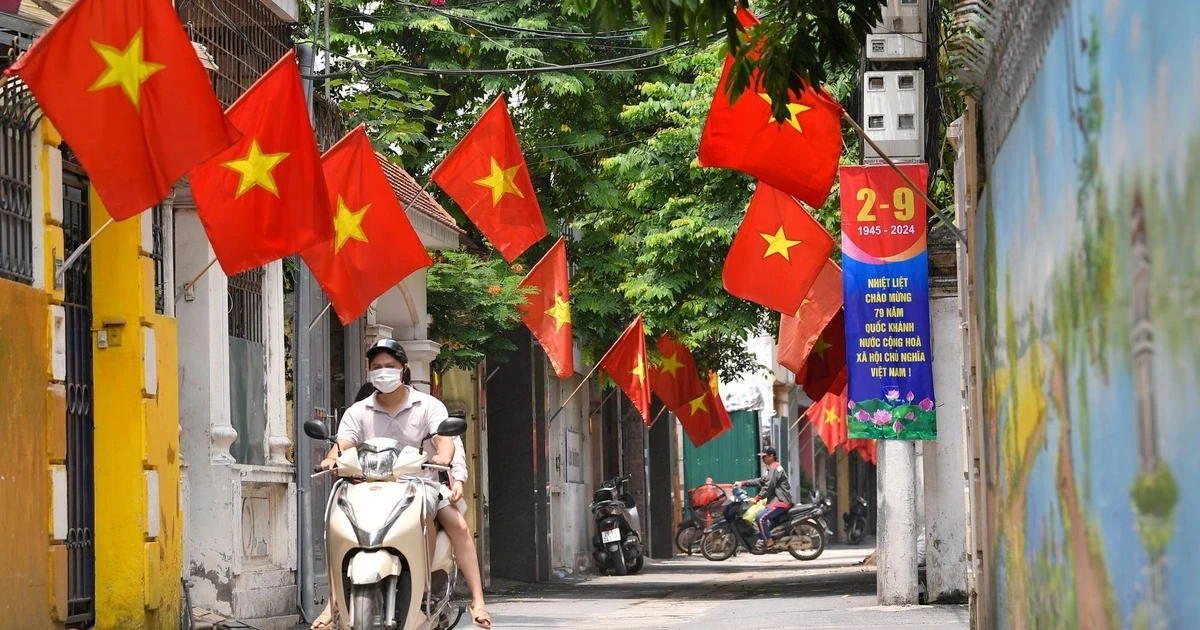
Vietnam offers an alternative for companies looking to diversify their supply chains.
Rather than taking sides, Vietnam strives for balance and fosters strong relationships with multiple countries. It has established seven ‘comprehensive strategic partnerships’ with Australia, China, India, Japan, Russia, South Korea, and the United States.
Vietnam is now recognized as a market economy by many nations, bolstering its global trade relations. The Vietnamese government continues to enact policies that attract and retain foreign investments by investing in education, pursuing free trade agreements, and improving infrastructure to foster further growth.
A thorough assessment of investments and trade flows reveals Vietnam’s economic resilience and highlights two key opportunities. Firstly, there is room for the United States to increase its investments in Vietnam, as American investments lag behind those of strategic partners and competitors.
Secondly, addressing the trade imbalance between Vietnam and the United States could unlock greater investment potential from this superpower.
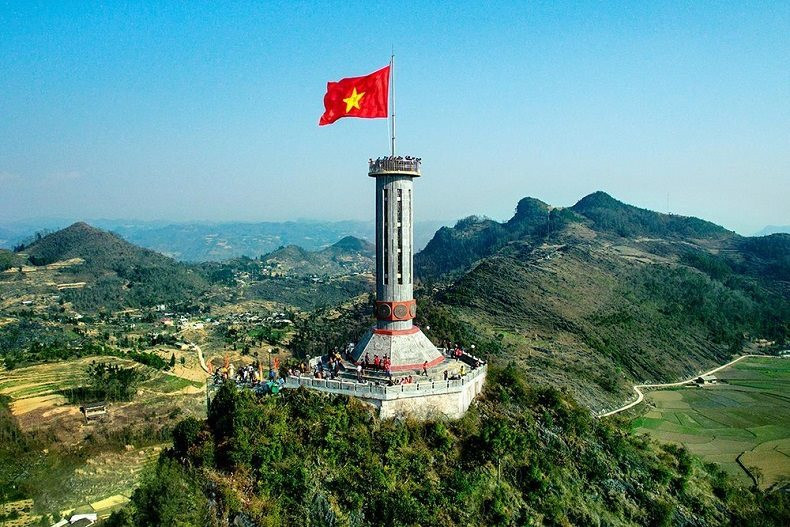
The Vietnamese government continues to enact policies that attract and retain foreign investments.
In the first half of 2024, new registered capital in Vietnam reached 15.2 billion USD, a 13.1% increase compared to the same period last year. FDI primarily focused on the processing and manufacturing industry, accounting for 70.4% of total FDI and a 26.3% surge from the previous year. Real estate, wholesale, and retail sectors comprised the majority of the remaining FDI.
Asia Remains Vietnam’s Largest Investment Source
Vietnam’s economy is projected to grow by 6.0-6.5% in 2024. FDI contributes approximately 22% to the country’s GDP and employs 8.5 million people, or about 23% of Vietnam’s labor force.
Investors from Asian countries and territories constitute the largest source of FDI, with the top five investors being Singapore, Japan, Hong Kong, South Korea, and China. They account for 73.7% of newly registered projects.
As of June 2024, Singapore is the largest foreign investor in terms of registered capital. Singaporean investments are primarily directed towards the real estate sector, in addition to manufacturing and infrastructure, with a growing focus on healthcare.
It’s worth noting that the United States and other Western countries often prefer to channel their investments into the region through Singapore. Therefore, Singaporean investment figures may, to some extent, represent investments from the United States and like-minded nations.
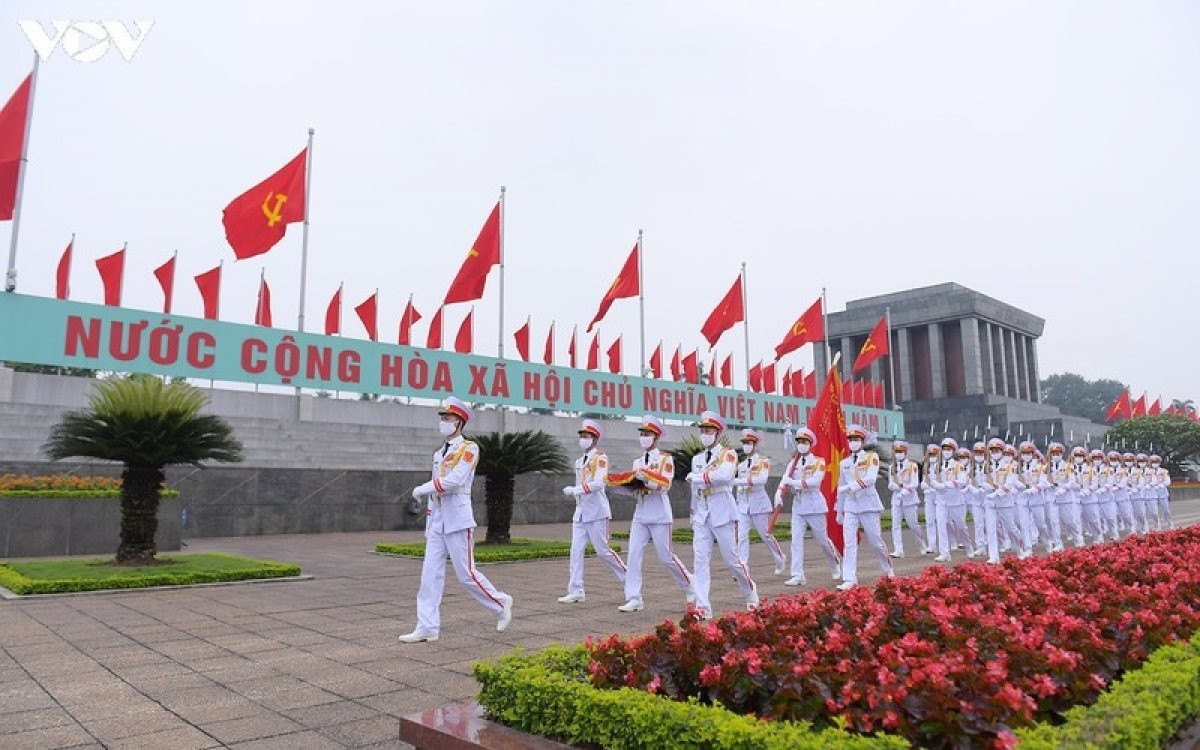
Vietnam’s economy is projected to grow by 6.0-6.5% in 2024.
The largest FDI project from the United States is currently a 5-star resort and entertainment complex in Ba Ria, owned by Winvest Investments. Other American companies investing in Vietnam include Apple, Intel, Citigroup, Nike, Chevron, Ford, Coca-Cola, and KFC. P&G has announced plans to invest 100 million USD in expanding its factory production, and other prominent American companies are eyeing investments in diverse sectors, from renewable energy to technology.
American semiconductor manufacturers are also establishing a presence in Vietnam. In 2021, Intel invested 475 million USD in a chip assembly and testing facility in Ho Chi Minh City’s High-Tech Park, following its 1.5 billion USD factory in the same city, inaugurated in 2010. The Ho Chi Minh City factory is Intel’s largest assembly, packaging, and testing facility worldwide. Since 2010, it has produced over 3 billion units and employed 2,800 people.
In 2023, Amkor announced a new 1.6 billion USD factory, and Marvell declared its plans to build a semiconductor design center in the country. Nvidia has invested 250 million USD in Vietnam and intends to strengthen its presence further.
The New Wave of Stock Market Investors: Vietnamese Expats
VTV.vn – There is a significant number of Vietnamese individuals residing, studying, and working abroad who are actively investing in the Vietnamese stock market.
The Quest for Efficient Land Clearance: Unlocking Success
With strong and unified leadership from various sectors and functional units, along with the dedication, creativity, and hard work of the officials involved, the land clearance process for investment projects requiring land in Thanh Hoa province has seen significant positive changes since 2023. These efforts have greatly contributed to attracting investments and boosting the province’s economic and social development.
Unveiling Hai Phong’s Old Apartment Blocks Slated for Demolition to Make Way for Resettlement.
The 16 dilapidated apartment blocks in Haiphong, no longer safe for human habitation or capable of safeguarding property, will be demolished to make way for a brand-new resettlement area.

